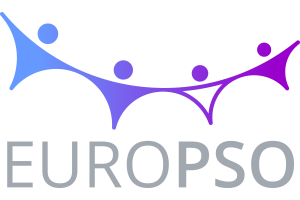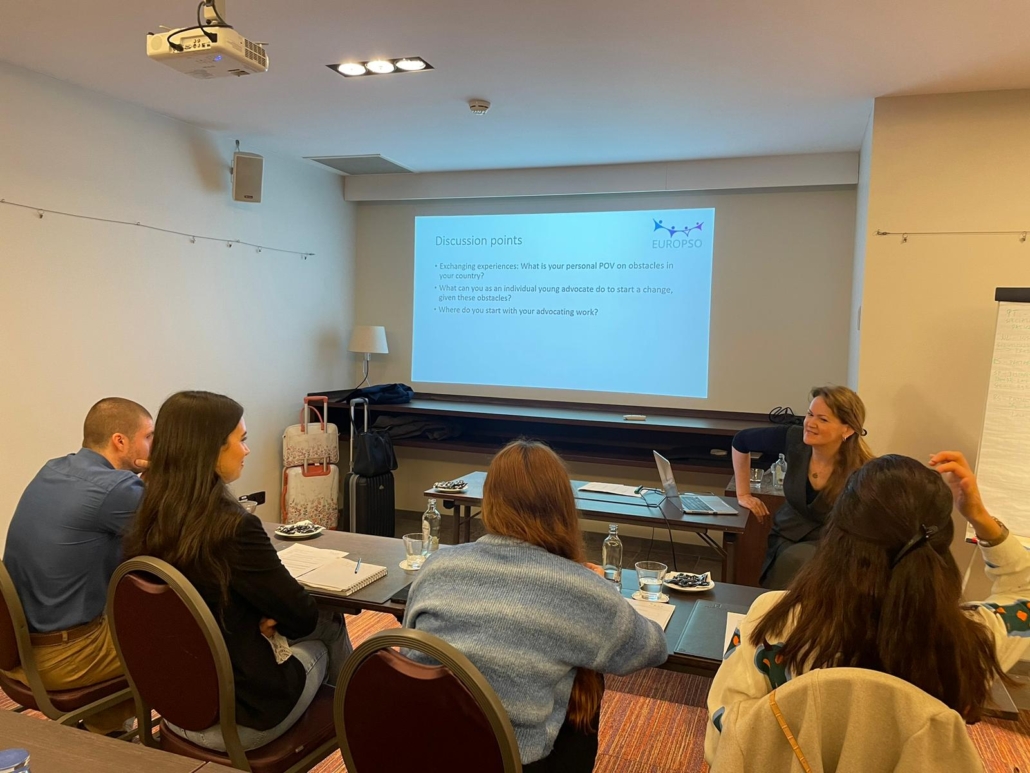Study on the Quality of Life for Patients with Psoriasis in Greece
A ground-breaking project co-implemented by ‘Epidermia’
In a trailblazing study- spearheaded by ‘Epidermia’ (Panhellenic Association of Patients with Psoriasis and Psoriatic Arthritis), in collaboration with ‘National and Kapodistrian University of Athens’ and the health economics consulting company ‘Econcare’ – a survey was conducted in March-April 2021 in Greece, to investigate the quality of life of patients with moderate to severe psoriasis and the factors that may influence this. The study looked into the needs of patients, asked whether these are met by the relevant systems of health and social care provision, and identified the gaps, unmet needs and areas for improvement associated with of the quality of life of patients with psoriatic disease.
This study is an optimistic step towards patients’ voices, being part of scientific research approaches to progress the field of treatment and better quality of life.
The results of the study were published in October 2022 in the prestigious ‘Italian Journal of Dermatology and Venerology’ (Edizoni Minerva Medica), entitled Patients’ satisfaction, unmet needs, and treatment benefits in moderate to severe psoriasis in Greece: results from a cross-sectional survey.
The President and the Treasurer of Epidermia (Renos Vamvakousis and Tina Koukopoulou respectively) participated in the formulation of the project and writing the scientific paper, with the cooperation of Georgia Kourlabas and Garifalia Stefanou from Econcare and the esteemed contribution of Professor Ioannis Ifantopoulos, of the National and Kapodistrian University of Athens.
The study involved 380 patients – all members of ‘Epidermia’ of whom 314 have moderate to severe psoriasis.
The article analyzes the profile of the participants (patients with psoriasis), the types of treatment they are undergoing, and the duration of time from the onset of the disease until its correct diagnosis. The study gave a voice to patients to express their needs not only with regard to their treatment for psoriasis, but also with reference to how their condition affects their quality of life and what areas of needs are unmet. These are presented in the article, along with the opinions of the patients about the benefits and their satisfaction with the treatment regimens they follow. In addition, the impact of the disease on the daily life of the participants is recorded as well as the rate of patients’ compliance with their treatment.
Epidermia is grateful for the fruitful cooperation of all the researchers and scientists involved, and continues to work to have patients’ voices included at all stages of medical research, and treatment for dermatological conditions.
For the complete article, please follow the link here.






